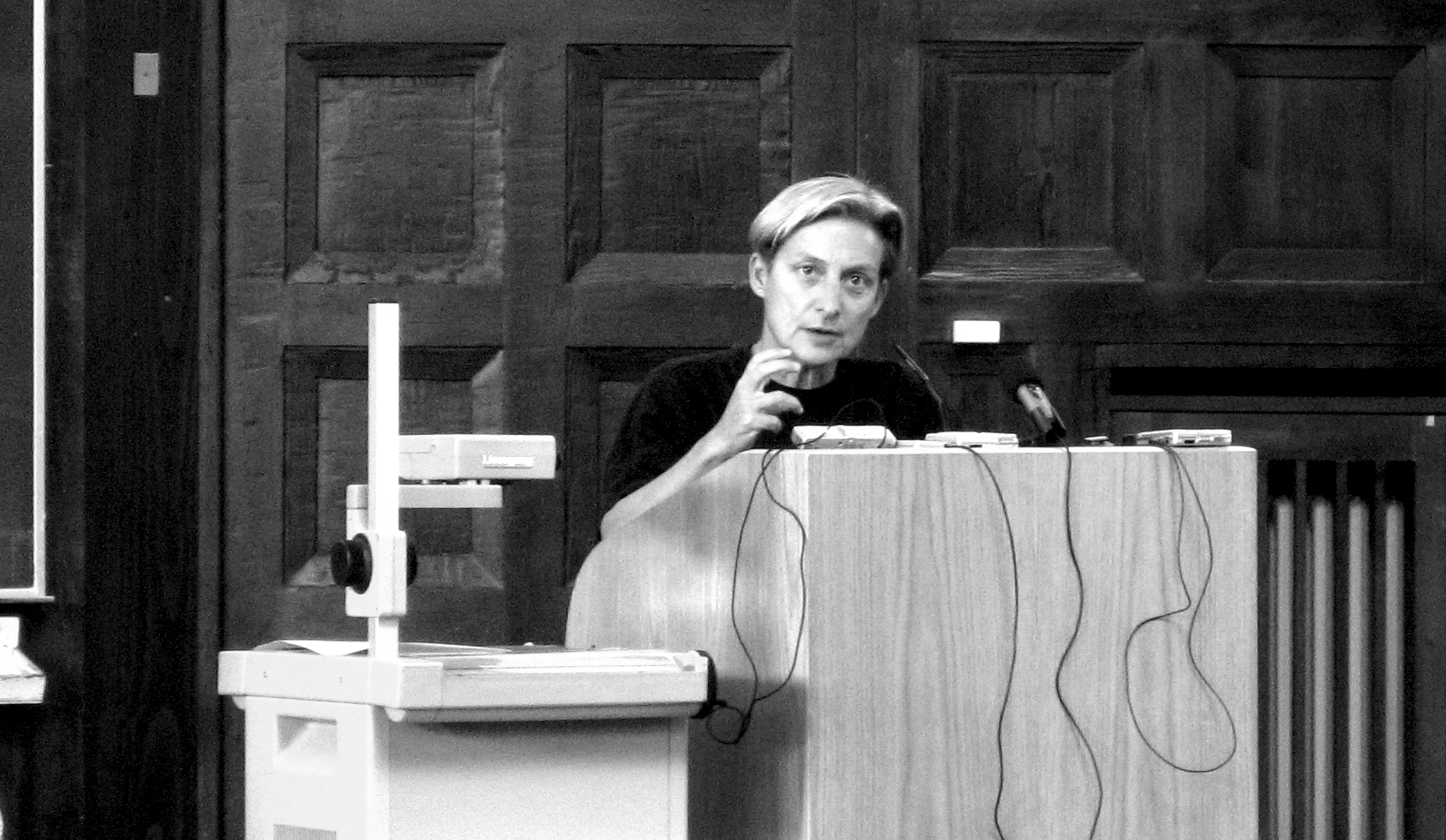When Pêro Vaz de Caminha arrived in Brazil on the 22nd of April 1500 aboard Pedro Alvares Cabral’s voyage of ‘discovery’, he was awestruck. The letter he wrote to the Portuguese King Manuel I is in stark contrast to those written by other explorers of the period.
The effect of gendering nations as female in literature, and what that means for the next generation of female writers, by Charlie Clark
To be a woman is not a place of neutrality. To be a woman in literature, to read of your body as a site of battles and uprisings, of famine and protest, destroys any sense of impartiality. There is a long-standing tradition of gendering the nation: the motherland, the mothership, the innate feminine sense of home. But what happens when this sense of gender becomes so deeply tied in with a sense of nation that the two have become almost inseparable?
A note on trying to define ‘gay identity’ in late 2022, by Campbell
In 2022, people who identify with the label ‘gay’ do so in a world that is perhaps more confused than it has ever been about what it wants to do with ‘gay’ people. In the UK, homosexuality was partially decriminalised in 1967, and more than two decades ago the age of consent for same-sex partners was brought down from 21 to 16 (equal to that of straight couples). It wasn’t until 2014 that same-sex marriages were allowed to take place in Britain. But, more recently, the so-called “Don’t Say Gay” bill was passed in Florida, preventing classroom discussion of gender identity and sexuality in public schools, and the latest bill to be drafted by Republican lawmakers would see a similar legislature implemented at a federal level.
When Bernadette Devlin Fought For Her Soul: The Life Of An Irish Revolutionary, by Aisha Munir
Devlin was born in 1947 to a working-class Catholic family in Cookstown, Tyrone. Tyrone was a predominantly Catholic county, but Cookstown was mixed. She described the tension between Republicans, who believe in a united Ireland, and Unionists, who support British involvement to create a ‘unified’ state.





